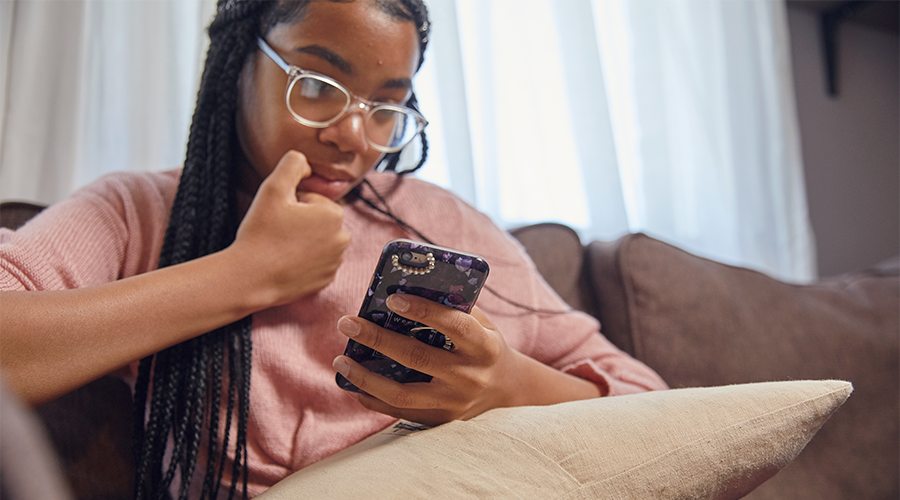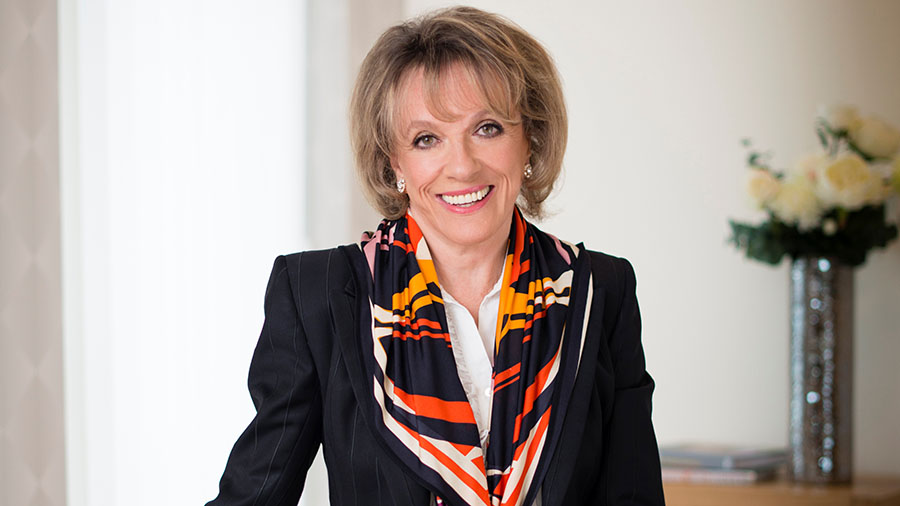Childline, the NSPCC's service for young people, has reported a 16% increase in the number of counselling sessions about mental health with children aged 11 and under. We need more volunteers to join us and help support them during the pandemic.

Between April and December 2020, Childline delivered 54,926 counselling sessions to children and young people.1 But it saw a 16% increase in the average number of mental health counselling sessions for children aged 11 and under,2 and a 10% rise in counselling sessions about loneliness across all age groups.3
Over the past ten months, Childline's trained counsellors have heard first-hand about the devasting impact that the coronavirus pandemic has had on young people's mental health. Children who contacted the service frequently spoke about loneliness, low mood and self-esteem, depression and anxiety.
Some have been feeling isolated and overwhelmed due to concerns about family members catching the virus, or school closures and cancelled exams - while others have felt cut off from support networks and are missing family and friends.





